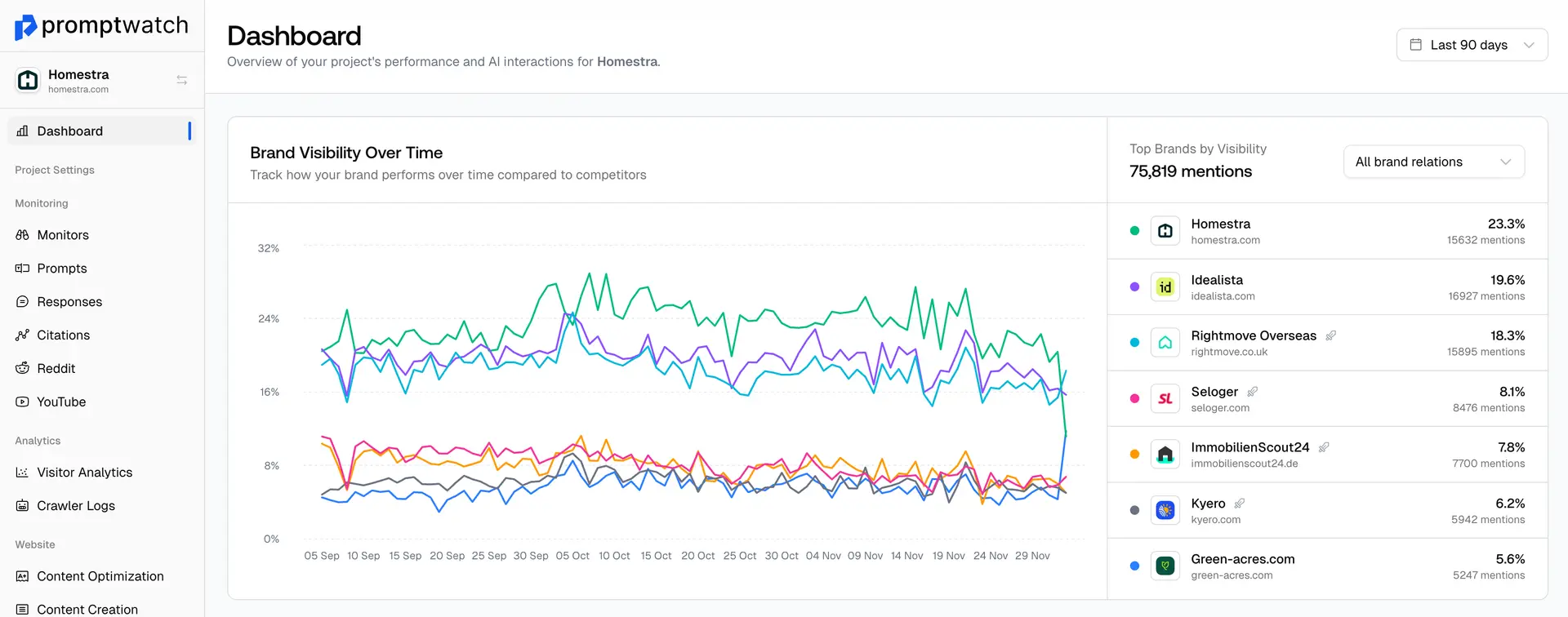Definition
Semantic search focuses on understanding the meaning and intent behind search queries rather than just matching keywords. AI-powered search engines use semantic understanding to provide more relevant and contextual results.
This technology enables search systems to understand synonyms, related concepts, and user intent, providing more accurate and helpful results even when exact keywords aren't present in the content.
Examples of Semantic Search
- Understanding that 'apple' in context might mean the fruit or the company
- Matching synonyms and related concepts in search results
- AI systems understanding complex, multi-part queries
